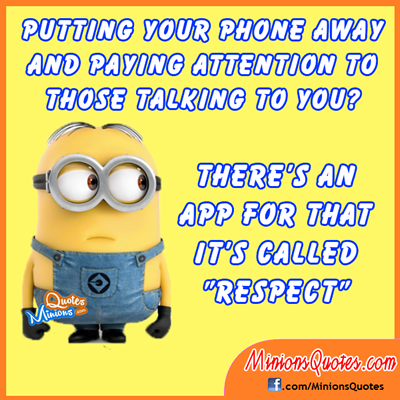Lesson 4: Motivational Interviewing - Engaging
Attention

It is the same with teaching, counseling, and selling cars...if you cannot capture the attention of your audience you are not going to be effective!
One of the key philosophies of our work is that we want our clients to be the CENTER of the process. Often times clients with "check out" and not participate, preferring to simply let things go. We need to FIRST build a relationship with our client so that we can help them become an engaged part of their own treatment and recovery.
Learning Outcomes
Upon completion of this lesson's material, students will be able to:
- Discuss the importance of establishing rapport.
- Demonstrate effective use of OARS methods in a conversation.
Teaching
Engaging
Read pages 9-12 in the CCNC Motivational Interviewing (MI) Resource Guide.
As you have just read, establishing rapport is a key predictor of client success. We are able to have our clients more ENGAGED and we have more INFLUENCE on them when we have established a genuine relationship with them.
This is where our interpersonal skills come into play.
While at some times our clients want to get right to solving pressing problems, we often have the time to get to know our clients. This step in the process can be rather casual. For instance, I have talked about personal likes and dislikes in music or movies as a way to focus the conversation on building rapport. Once client in particular would not talk to me until he found out I liked Pink Floyd!
The real skill to develop is how to establish this rapport while at the same time gathering the information you need early on to move toward treatment planning.
Paying Attention
Have you ever tried having a conversation with someone who was not attending to you? They were distracted, not making eye contact? How did you know they were not attending? What did you do?
In our busy lives we can sometimes fail to attend to what is going on around us...add to this the allure of technology and our ability to remain "connected"...but what are we connected to? What is the effect of all this technology around us on our ability to attend to what is going on?

As counselors we develop a comfortable "vigilance" as to the behavior of our client. It does not read as clearly as words, but they are taken into consideration when we work with clients.
We attend to:
- Visual/Eye Contact
- Vocal Qualities
- Verbal Tracking
- Key words
- Emotion words
- Contradictions
- Body Communication
OARS
We will be revisiting these skills throughout the course. Despite the fact that they appear at the beginning of the process, they are actually continually used throughout the process!
Referring to the table on p. 11, we see that our interactions with our clients need to be full of statements like these that build rapport.
- Open-ended Questions
- Affirmations
- Reflective Listening
- Summaries
This small collection of skills, when used appropriately, sends a very clear message to our clients..."You are important and I am listening to what you are saying."
We are moving our clients toward a point where they establish a sense of self-efficacy ("I can do it!")...while this is not the same as Self Esteem, ensuring that our clients know they are important and worth listening to is a step in that direction!
Assessment

Lesson 4 Lab
Demonstrating your ability to engage in a casual conversation and use the skills outlined by OARS is described in the Lab section of this course.
Lesson 4 Quiz
For this quiz I want you to engage a significant other in a discussion. The topic can be about anything you wish to talk about. In this conversation I want you to be very attentive as to the body cues you are receiving from the person. At some time during the conversation, when they are trying to tell you something, make an effort to be distracted and "not listen". (Be sure to continue attending to body cues.)
After a short time the individual may become irritated so be ready to stop the experiment and tell them what you are doing! Ask them how it felt to be "not listened to."
- Describe this experience and any other experiences you may had when you did not feel attended to. Considering the stigma that many of our clients experience, describe how they might experience not being attended to and why it is so important for us to do so.
Lesson 4 Discussion
Why is it important to establish a "friendly" rapport with your clients? If you have a story to tell, describe a situation in which a person who was helping you DID or DID NOT establish this rapport. What was the outcome?